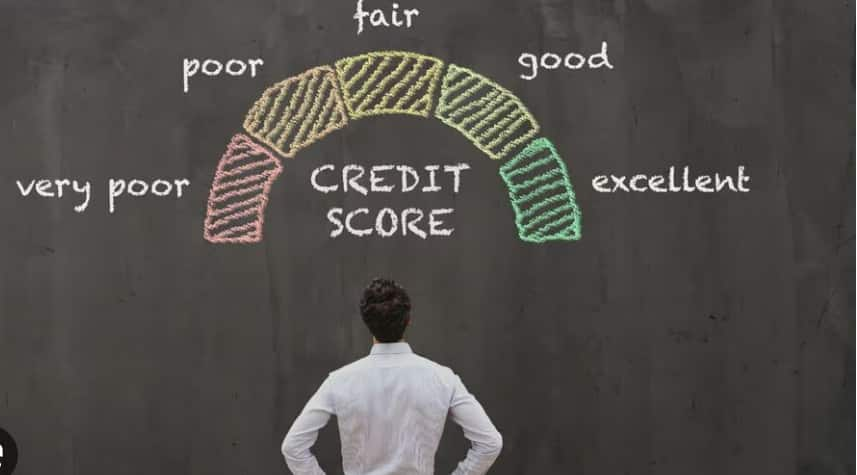
Many people believe that if their credit score is good, they will have no problem in getting a loan. But the truth is that credit score alone does not guarantee bank approval. While giving a loan, banks or financial institutions also take into account many other aspects like your income, job stability, existing loans and financial condition.
Many times such cases come to light where the loan of people having credit score of 750 or more gets rejected. According to experts, the biggest reason for this is high debt-to-income ratio. If 40-50 percent of your salary goes towards EMI of an already existing loan, then the bank may consider you over-leveraged and refuse to give a new loan.
Apart from this, banks also consider people whose job is unstable or whose contract is about to end soon. Irregular income of freelancers or self-employed professionals can also be a reason for loan rejection. Banks want to ensure that the customers’ income is stable so that EMI payments can be made on time.
Asking for higher loan amount is also a common reason. If your salary is not enough to handle that loan amount, the bank will not approve it. Similarly, if you have recently applied for a loan or credit card, this may be viewed as “credit greed,” which may lead to bank denial.
In such a situation, before taking a loan, it is important to pay attention to your income, expenses and existing loan. Keep the loan amount as practical as per your net income and EMI capacity. Remember, a good credit score is important, but steady income and balanced financial behavior are equally important for bank trust.